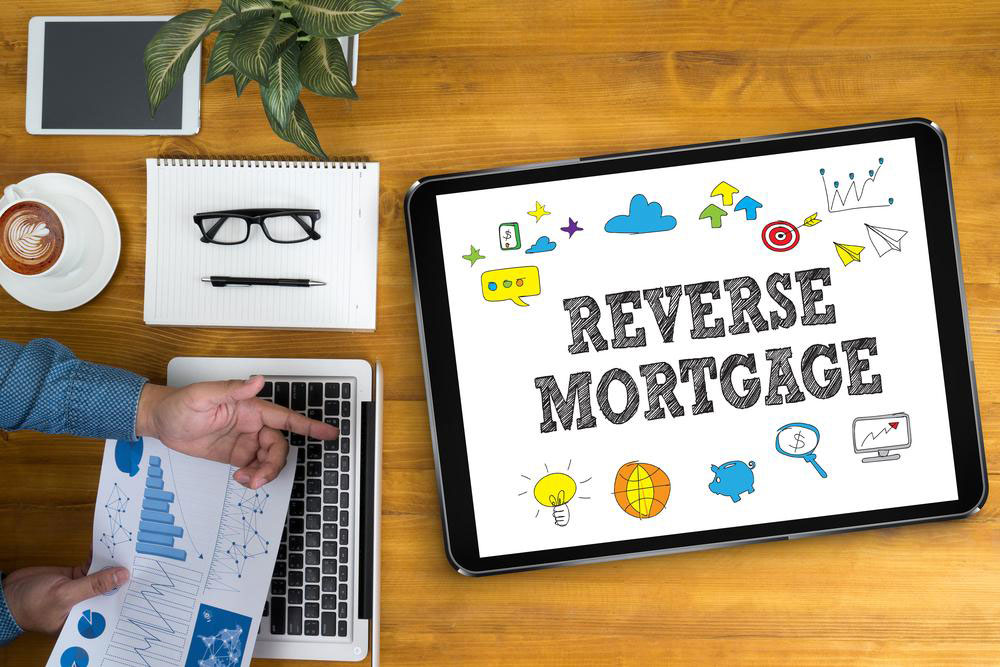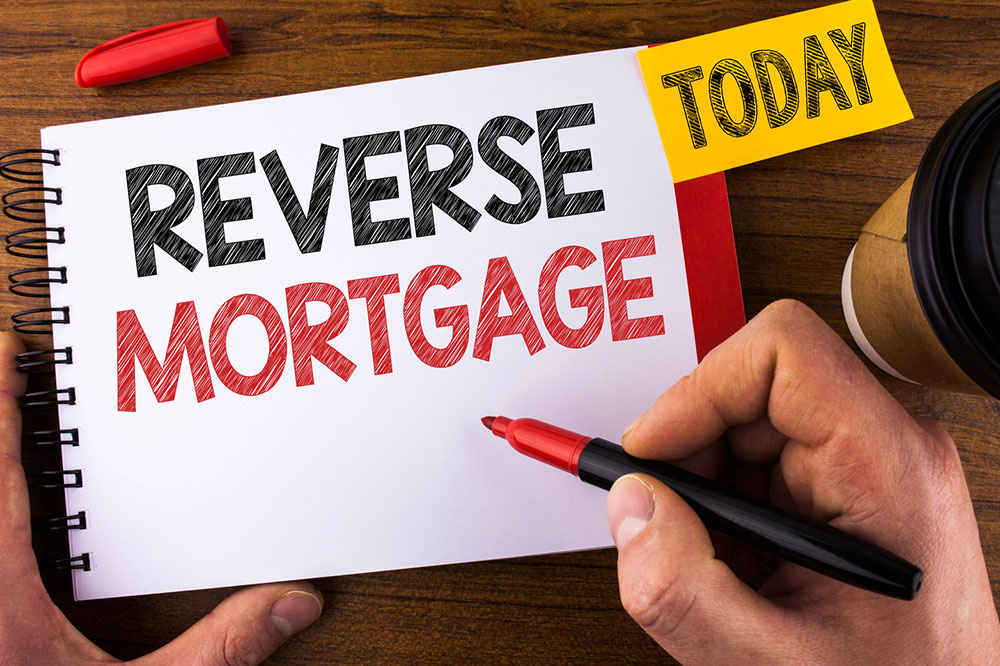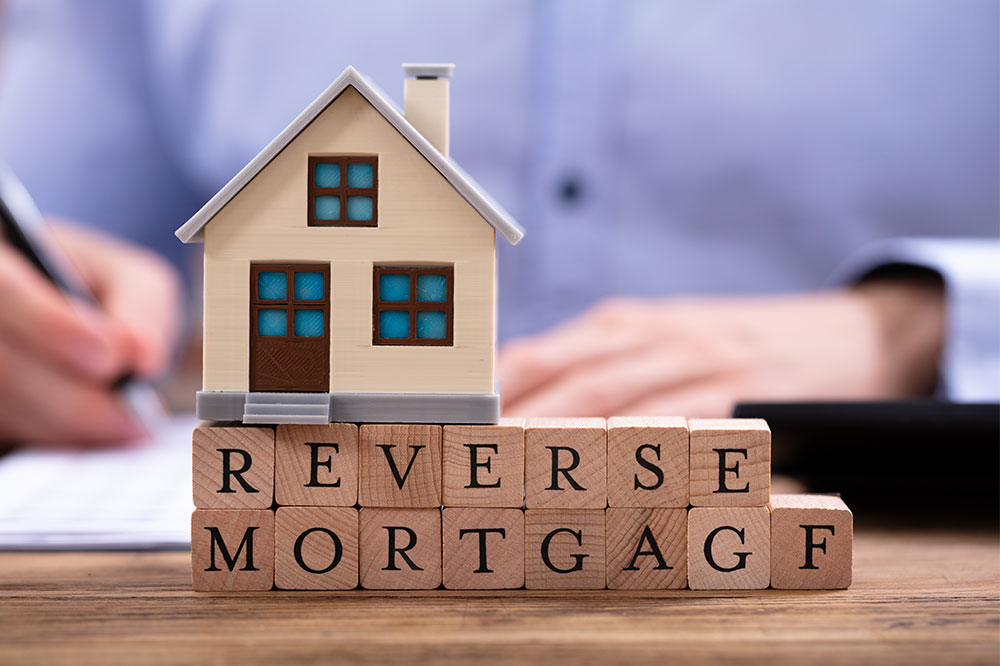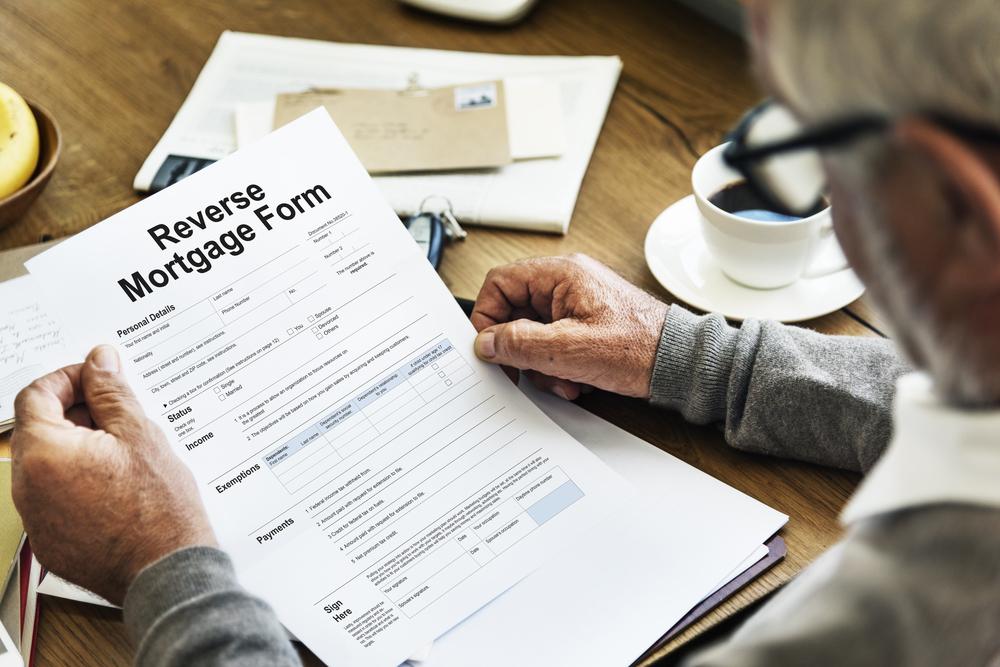Comprehensive Guide to Assessing Your Eligibility for a Reverse Mortgage
This comprehensive guide explores the eligibility requirements for reverse mortgages, including age, home equity, residence type, and financial stability. We detail the application process, property conditions, and important considerations for seniors seeking to unlock home equity. Learn how counseling and financial assessments impact approval, and understand the key factors affecting your eligibility and loan benefits. This article provides essential insights to help retirees make informed decisions about reverse mortgages, ensuring they maximize their benefits while managing risks effectively.

Comprehensive Guide to Assessing Your Eligibility for a Reverse Mortgage
For homeowners aged 62 and older, a reverse mortgage offers a unique opportunity to unlock the equity built up in their properties without the need to sell or move. Unlike traditional mortgage loans that require monthly payments, a reverse mortgage provides payments to the homeowner, often in a lump sum, line of credit, or monthly installments. One of its key advantages is that the loan proceeds are tax-free, providing financial flexibility for seniors. The repayment is deferred until the homeowner vacates the property, sells it, or passes away.
Understanding whether you're eligible for a reverse mortgage requires careful consideration of several criteria, including age, home equity, residency status, and financial stability. This comprehensive guide covers everything you need to know to determine if this financial product aligns with your retirement plans and financial needs.
Age Requirement
The fundamental eligibility criterion for most reverse mortgages, including the Home Equity Conversion Mortgage (HECM), is that the borrower must be at least 62 years old. This age limit ensures that the borrowing party is in the retirement phase, typically requiring supplemental income sources. Recent policy adjustments allow certain exceptions for non-borrowing spouses under specific circumstances, which can provide additional flexibility for households where one spouse is younger or not listed as a borrower. However, these exceptions often involve additional considerations, such as non-borrowing spouse protections and counseling sessions to fully understand the implications.
Home Equity and Property Value
One of the primary qualifying factors for a reverse mortgage is having sufficient home equity. Lenders generally look for applicants to have at least 50% equity in their property to qualify. Equity is calculated by subtracting any existing mortgage balances from the property's appraised value. Having a substantial amount of equity not only increases the likelihood of approval but also influences the size of the loan you can obtain. The more equity you have, the more financial proceeds you can unlock from your home.
It's worth noting that the appraised value of your home, determined by an approved professional appraiser, plays a crucial role in the approval process. A higher property valuation can enable access to larger loan amounts, offering greater financial benefits for retirees seeking additional income streams.
Primary Residence and Property Conditions
To be eligible for a reverse mortgage, the property must serve as your primary residence, meaning you occupy the home most of the year. Investment properties, vacation homes, and rental units do not qualify for this type of loan. The eligibility criteria also require the home to be in good condition—free from major structural issues, extensive repairs, or safety hazards such as electrical faults, termite infestations, or plumbing problems.
Before approval, a qualified appraiser conducts an inspection to assess the property's value and condition. Homeowners should ensure their properties are well-maintained, as the lender will want to mitigate the risk associated with older, poorly maintained homes.
Eligible properties include FHA-approved condominiums, multi-family units with 2-4 units, single-family homes, and townhouses, provided they meet all safety, maintenance, and zoning requirements.
Counseling and Financial Evaluation
An essential step in the reverse mortgage process is completing a counseling session with a HUD-approved agency. This mandatory educational session provides detailed and unbiased information about the loan's advantages, risks, and obligations, helping borrowers make informed decisions. During counseling, experts review your financial situation, explain how the loan works, including interest accrual, fees, and repayment terms, and explore alternative options if applicable.
Financial eligibility also involves demonstrating your ability to meet ongoing property-related expenses. These include taxes, homeowners insurance, and homeowners association (HOA) fees, if applicable. Providing documentation such as income statements, credit reports, and banking records helps lenders assess your capacity to sustain these costs over time.
Furthermore, your creditworthiness is reviewed to ensure that your income and assets support continued property maintenance and expense payments. Good credit history and stable income increase your chances of approval and favorable loan terms.
Additional Homeownership and Financial Considerations
While qualifying for a reverse mortgage offers financial advantages, there are important factors to consider. The loan typically involves costs such as origination fees, servicing fees, and mortgage insurance premiums, which are often embedded into the loan balance, increasing the total debt owed over time. Variable interest rates mean that your loan's interest costs can fluctuate, potentially affecting the total amount you owe when the loan matures.
It's crucial to understand that interest accrued on reverse mortgages is tax-deductible only when the loan is repaid, generally upon sale or death. Therefore, residents should plan their finances accordingly.
Another key consideration concerns the non-borrowing spouse. If your spouse is not listed on the reverse mortgage loan, they can typically remain in the home after your passing, provided all property expenses are up to date and the loan is managed properly. This aspect offers peace of mind for couples where one spouse is younger or not qualifying independently.
Ultimately, reverse mortgages can be an effective financial tool for seniors to access their home equity, but informed planning and understanding of all terms and responsibilities are vital before proceeding.





